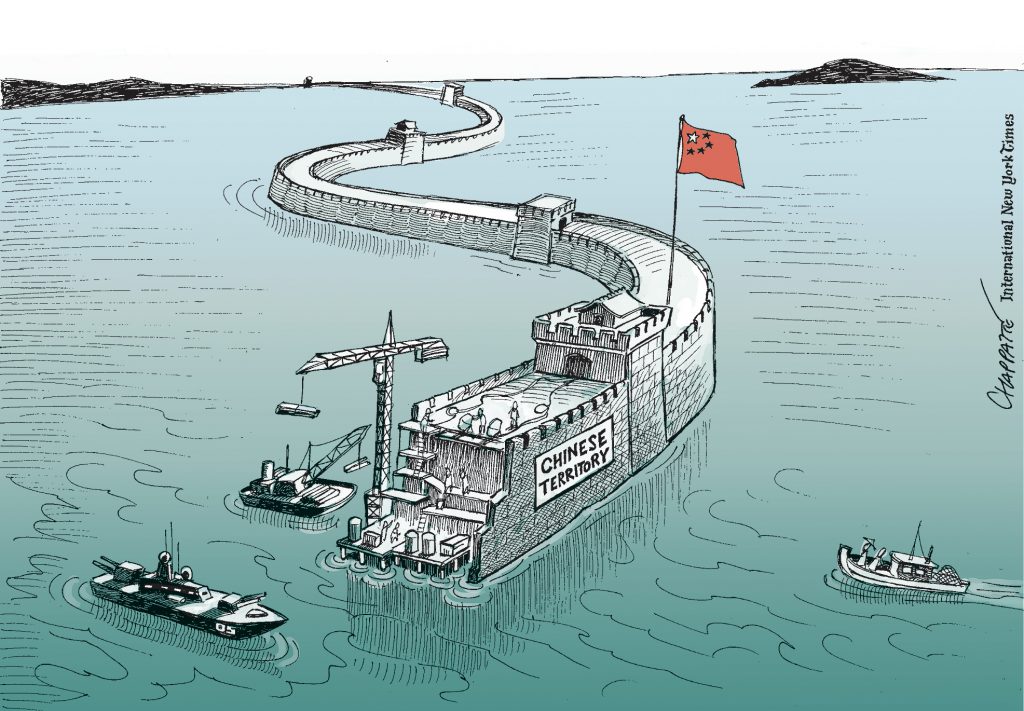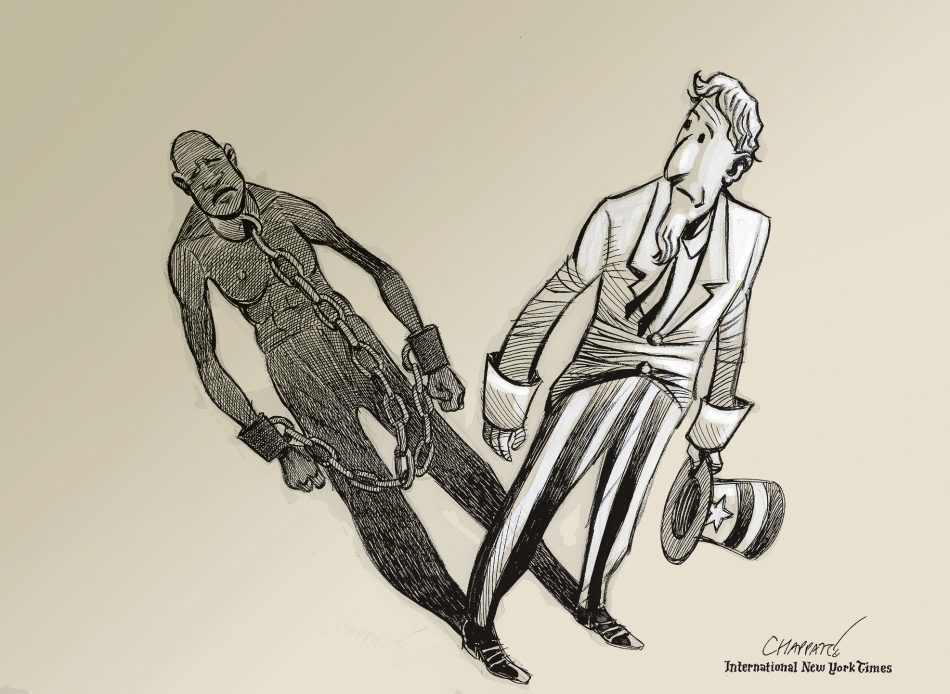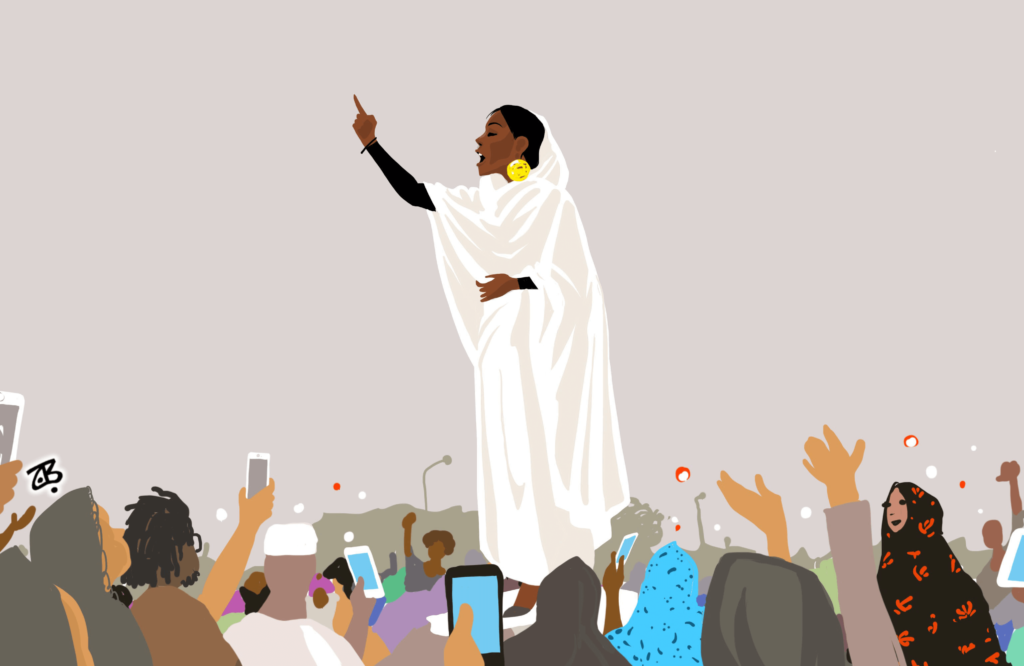The Uncertain Future of Human Rights
TIMELINE: Major International Human Rights Treaties
The Universal Declaration was the first detailed expression of the basic rights and fundamental freedoms to which all human beings are entitled.
The Convention on the Prevention and Punishment of the Crime of Genocide was adopted by the UN in an effort to prevent atrocities, such as the Holocaust, from happening again. The Convention defines the crime of genocide.
The Convention relating to the Status of Refugees protects the rights of people who are forced to flee their home country for fear of persecution on specific grounds.
The Discrimination (Employment and Occupation) Convention (No. 111) of the International Labour Organization prohibits discrimination at work on many grounds, including race, sex, religion, political opinion and social origin.
The International Convention on the Elimination of All Forms of Racial Discrimination (ICERD) obliges states to take steps to prohibit racial discrimination and promote understanding among all races.
The International Covenant on Economic, Social and Cultural Rights (ICESCR) protects rights like the right to an adequate standard of living, education, work, healthcare, and social security. The ICESCR and the ICCPR (below) build on the Universal Declaration of Human Rights by creating binding obligations for state parties.
Human rights protected by the International Covenant on Civil and Political Rights (ICCPR) include the right to vote, the right to freedom of association, the right to a fair trial, the right to privacy, and the right to freedom of religion. The First Optional Protocol to the ICCPR creates a mechanism for individuals to make complaints about breaches of their rights. The Second Optional Protocol concerns abolition of the death penalty.
Under the Convention on the Elimination of All forms of Discrimination against Women (CEDAW), states must take steps to eliminate discrimination against women and to ensure that women enjoy human rights to the same degree as men in a range of areas, including education, employment, healthcare and family life. The Optional Protocol establishes a mechanism for making complaints.
The Indigenous and Tribal Peoples Convention (No. 169) of the International Labour Organization aims to protect the rights of Indigenous and tribal peoples around the world. It is based on respect for the right of Indigenous peoples to maintain their own identities and to decide their own path for development in all areas including land rights, customary law, health and employment.
The International Convention on the Protection of the Rights of All Migrant Workers and Members of Their Families aims to ensure that migrant workers enjoy full protection of their human rights, regardless of their legal status.
The Convention on the Rights of Persons with Disabilities aims to promote, protect and ensure the full and equal enjoyment of all human rights by persons with disability. It includes the right to health, education, employment, accessibility, and non-discrimination. The Optional Protocol establishes an individual complaints mechanism.
This Declaration establishes minimum standards for the enjoyment of individual and collective rights by Indigenous peoples. These include the right to effectively participate in decision-making on matters which affect them, and the right to pursue their own priorities for economic, social and cultural development.
This Declaration asserts that everyone has the right to know, seek and receive information about all human rights and fundamental freedoms and should have access to human rights education and training.
Based on the information produced by the Australian Human Rights Commission



